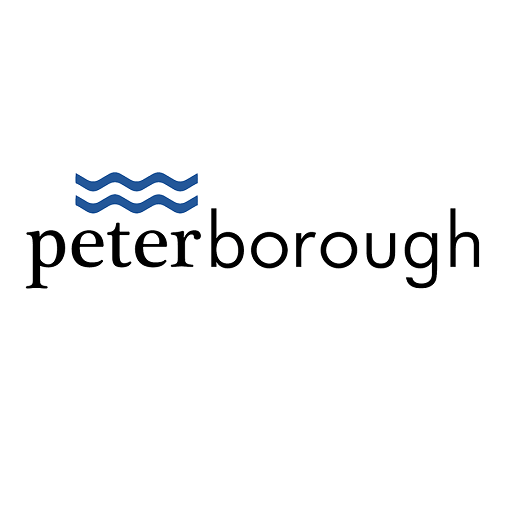Peterborough is a city located on the Otonabee River in Central Ontario with a population of over 85,000. The city uses GIS to manage and update property information, track assets, and help plan and make important decisions based on location and geospatial data. The GIS team provides residents, visitors and businesses with a way to easily find and display information through the use of maps and mapping technologies.
One of the techniques used by the City’s Geomatics/Mapping Division to carry out its mission is geocoding, used to maintain accurate address, road centreline and point of interest data. In the ArcGIS environment, this task is performed using the address locator services. In Peterborough, 5 address locators services are configured for a different purpose or applications:
- Peterborough Locator WGS for Google type address searching in external applications (web Mercator coordinates);
- Peterborough Locator for address searching in internal applications in local coordinates;
- Intersection Only Locators for the Geocortex application to search by intersection;
- Cityworks Locator to accurately search for the location of service requests and work orders;
- One Call Locator for accurate check if One Call requests locates are required at an address or intersection.
The address locators are created and incorporated into the City’s web mapping applications so City’s employees, citizens and stakeholders can search for addresses, intersections and points of interest from the City’s data, which has a more precise and up to date location than a standard Google search.
THE CHALLENGE
Initially, a GIS technician had, about once a month, to launch a series of scripts, developed in ArcGIS on ModelBuilder, to update all the geocoders and then manually publish the information on the ArcGIS Portal. Considering the importance of the information from geocoding, the GIS team wanted to automate this manual process which, in addition to be a repetitive and complex task, was sometimes forgotten.
To obtain these results, it was necessary to be able to launch the processing on demand when changes (addresses, roads, points of interest) were made in the central database. In addition, to prevent possible oversights, it was necessary to add an automated launch according to a predetermined schedule in order to guarantee the various employees and stakeholders of the city, information that is constantly up to date.
HOW WE HELPED
During a discussion between the client and the Consortech consultant, it was decided to automate the process of updating geocoders by transferring existing scripts to the FME platform. To do this, we used a feature of the ModelBuilder tool to export the original processes to Python scripts.
These were then processed by FME’s “PythonCaller” Transformers to create a single process (FME Workspace) integrating the old sequence required for updating the 5 address locators. Once this step was completed, we adjusted the paths from data sources as well as those to the destinations.
For the launch according to a predetermined schedule, it was agreed to deploy the new process on FME Server, adjusting the python scripts so that all the necessary ArcGIS tools are accessible on the server where FME Server is installed. Consortech met this challenge by performing a series of carefully planned tests and putting in place regular communication mechanisms with the client to ensure that the entire solution is fully functional and integrated into the ArcGIS environment of Peterborough.
THE VALUE WE PROVIDED
Initially, this whole process was done entirely through a series of manual operations. With the help of Consortech and tools from the ArcGIS and FME platforms, a GIS technician can now trigger the new process with a single button when changes are made in the central database. In addition, an automated launch according to a predetermined schedule avoids unfortunate oversights.
As a result, the GIS team saves 1 hour and a few headaches per operation, while the community of Peterborough gets constantly updated information to make informed decisions.
I would say the old process wasn’t done too often because it was time consuming and complex. Thanks to Consortech, the new one is simple to run, ensures data integrity, and eliminates manual error. It has saved me time so I can work on other projects. Consortech staff are great to work with and I look forward to working with them to automate more GIS tasks in the City.
